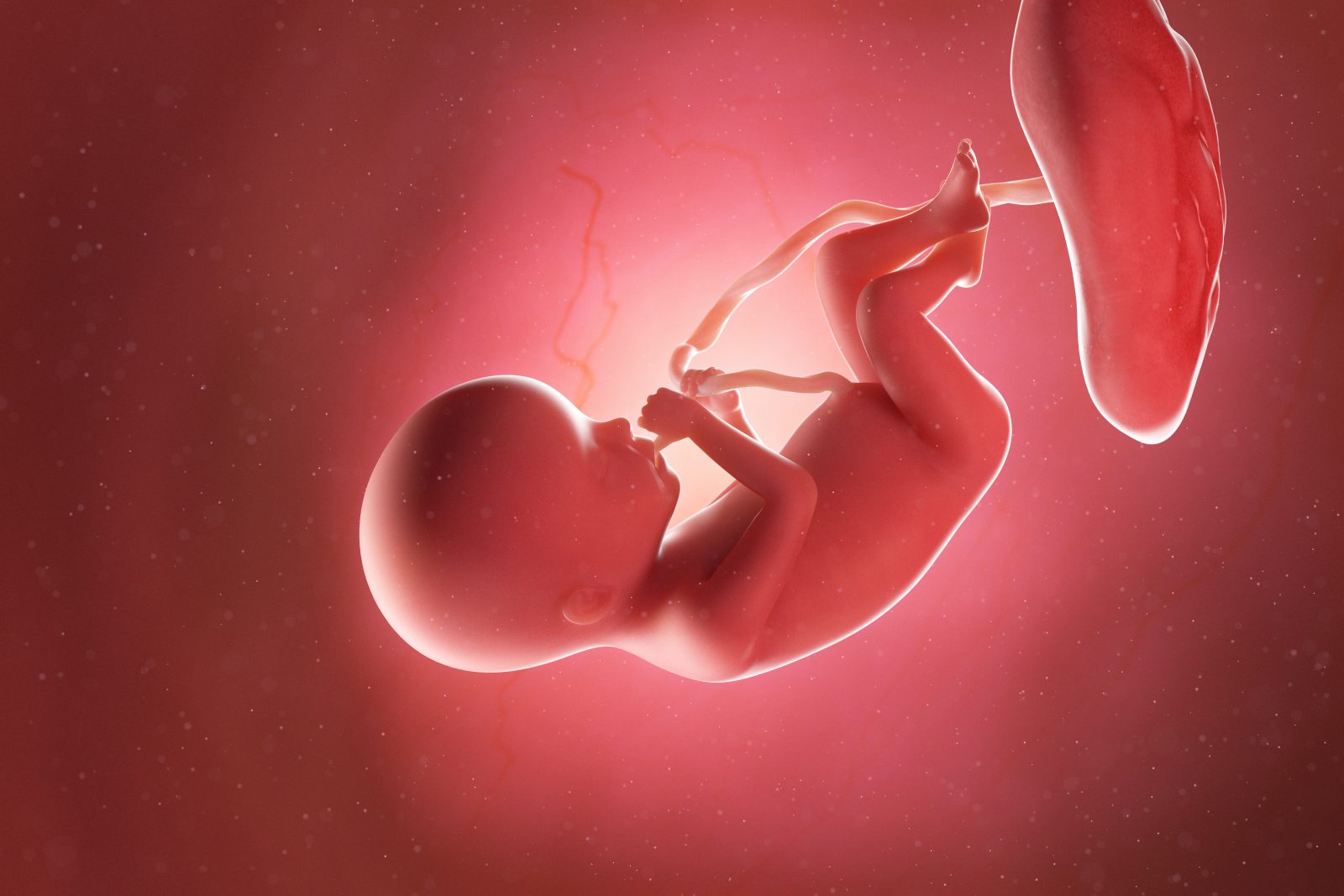
A Physician’s Fantastic Voyage through Your Designed Body
On today’s ID the Future Your Designed Body author and physician Howard Glicksman takes a deep dive with Philosophy for the People podcast host Pat Flynn into Glicksman’s new book, co-authored with systems engineer Steve Laufmann. As Glicksman puts it, he and Laufmann look not just at how the human body looks but at what it actually takes for it to work and not die, and what this implies for evolutionary theory. Begin by piling up the layers of complexity in the human body—the layer upon layer of complex interdependent systems. Then ask hard questions about whether any blind and gradual evolutionary process could have kept our evolutionary ancestors alive at every generational stage as all this was gradually engineered by countless random mutations over millions of generations, beginning with the first single-celled organisms billions of years ago. Once one faces those hard questions without retreating to vague just-so stories about nature needing vision (or hearing or any number of other bodily functions) and therefore magically evolving it, at that point Darwinism’s story of gradual and blind evolution collapses. The explanation that is left standing, according to Glicksman, Laufmann, and Your Designed Body: intelligent design. This episode is posted her with the generous permission of Pat Flynn and the Philosophy for the People podcast.






